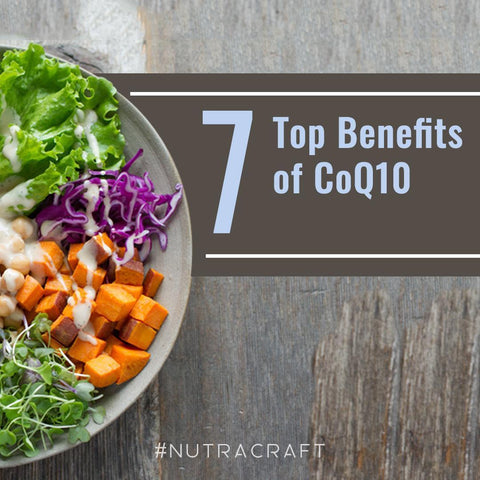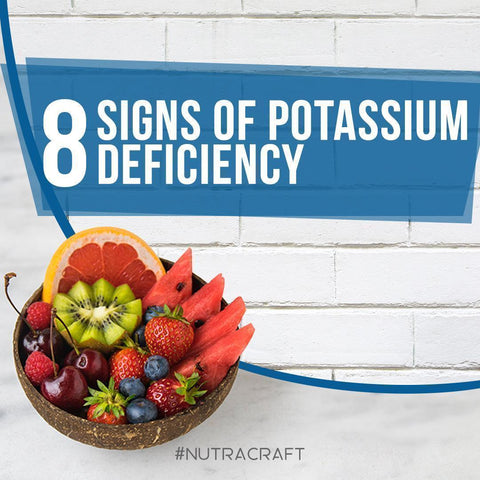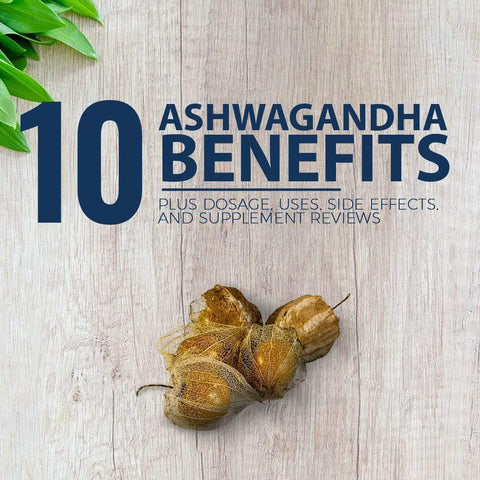
News media have a reputation for sensationalizing many topics, especially those having to do with your health. When national publications cover stories having to do with nutrition, nutritionists are often annoyed by how information from scientific studies is grossly simplified or even misrepresented by journalists.
Recently, a very visible news story on coconut oil has been making the rounds. USA Today published with an article entitled, “Coconut oil isn’t healthy. It’s never been healthy.”
That title got your attention, didn’t it? It also probably got USA Today more advertisers. This article signifies a strict black and white take on a food that can have many different effects on our physiology. There’s that journalistic simplification factor I was talking about.
But does this article have a point? Is coconut oil bad for you?
This particular news article discusses research conducted by The American Heart Association, and it does make a good point.
And that point is that clinical trials have shown that LDL or “bad” cholesterol increases in response to the consumption of coconut oil due to its very high levels of saturated fat1 19.
Saturated fat causes an increase in blood cholesterol, and the USA Today article makes the point that coconut oil, perhaps surprisingly, contains even more saturated fat than numerous animal products. The article states that… “82% of the fat in coconut oil is saturated, according to the data—far beyond butter (63%), beef fat (50%), and pork lard (39%)”1.
Exclusive Bonus! Download the FREE report ‘5 Top Supplement for Optimum Health’ by clicking here.
Many will be surprised that a plant food like coconut oil could contain so much of a type of fat that is usually associated with animal products.
There is a connection between saturated fat and LDL cholesterol, but why is LDL cholesterol considered the “bad” type of cholesterol (as opposed to HDL cholesterol)? LDL stands for low-density lipoprotein. Lipoproteins are particles that transfer fat throughout the body.
Low-density lipoproteins tend to penetrate blood vessel walls more easily than high-density lipoproteins (HDL), and this penetration leads to the formation of foam cells (fat-laden immune cells), which are the cause of life-threatening plaque in the arteries18. High LDL is considered a risk factor for cardiovascular disease because this type of cholesterol can contribute to plaque buildup.
So the American Heart Association warns that people who tend to have high LDL cholesterol levels should consider staying away from high-saturated fat foods like coconut oil19.
Coconut oil raises LDL cholesterol in amounts similar to butter or other high-saturated fat animal products20.
Is Coconut Oil All Bad and No Good?
Coconut oil’s LDL-raising effects don’t tell the whole story about coconut oil, however. Just because coconut oil raises LDL levels, that doesn’t mean that this oil has no benefits. The USA Today article claims that the Harvard professor who authored the report on coconut oil’s LDL-raising effects has “no idea why people think coconut oil is healthy”1.
That’s odd because there is a plentiful amount of scientific literature evidencing the possible benefits of coconut oil.
VCO has been found to increase antioxidant in the body based on an experiment with mice. It also lowered stress hormones, prevented adrenal enlargement, and lowered blood triglycerides2.
At least two human studies have evidenced coconut oil’s weight loss effects in both men and women3 4. The USA Today article seems to disregard coconut oil’s weight loss effect because one other study used an oil made of 100% medium-chain-triglycerides instead of real coconut oil which contains 13-15% medium-chain-triglycerides1. It is important to note that these studies that I’ve just cited used virgin coconut oil and not the 100% medium-chain-triglyceride oil. So coconut oil for the win.
Also, the results on coconut oil’s effects on lipids and cholesterol are not completely consistent, and some studies have even shown some beneficial results. In humans and monkeys, coconut oil has been shown to also increase “good” HDL cholesterol that helps remove other cholesterol from the blood vessel wall and return it back to the liver 5 6. Epidemiological studies have also shown a correlation between coconut oil and increased HDL7.
Another possible benefit of coconut oil is its perceived anti-inflammatory properties, which researchers claim it has8 9. Perhaps this is partially because of coconut oil’s vitamin E content. Coconut oil also has antimicrobial properties partially because of its lauric acid content10 11 12.
As you can see from the research cited here, there are many reasons why coconut oil can be considered a healthy addition to your diet. Though more research is needed in humans trials, it’s quite possible that coconut oil can have a variety of healthy effects for us.
Cardiovascular Disease Is More Complicated than You Might Think
Cholesterol levels aren’t the only thing that determine whether you develop heart disease or not. Elevated LDL is only one of many identified risk factors for cardiovascular disease (CVD). Cardiovascular pathologies kill more Americans than any other health problem, and the pathology of CVD is more complicated than just your LDL level.
Key Point
By reviewing decades of scientific literature, the Life Extension Foundation has identified 17 evidenced risk factors for cardiovascular disease. These risk factors are biomarkers or measurable substances in your body, that can usually be measured by blood tests. Just a few of these risk factors include low HDL, high triglycerides, elevated inflammation, high blood pressure, elevated glucose, elevated insulin, low sex hormones, elevated homocysteine, and there are nine others13 14 15 16 17 18.
Lots of things can damage the lining of your blood vessels and contribute to the formation of congregations of immune cells and fats (plaque). Risk factors like high glucose, homocysteine (an amino acid), insulin, and high blood pressure can all damage the arterial walls. Once this damage is done, it causes an inflammatory and oxidative cascade that forms plaque.
Other factors like testosterone in men can also affect the cardiovascular system in ways that might be surprising. Testosterone seems to have a protective effect on arterial walls and helps them dilate better13.
So as you can see, there’s more to CVD than just LDL levels.
To USA Today’s credit, the article does admit that eliminating saturated fat from one’s diet does not mean that you won’t develop heart disease. It’s conceded that eaters might “fill the void” of saturated fat with things like “sugar, white flour, and empty calories.” Notice the implicit reference to high blood glucose being a risk factor for heart disease.
Therefore, if you have high LDL levels, then perhaps you should consider minimizing or eliminating coconut oil from your diet. But don't feel the need to swear off this plant food forever just because it raises one biomarker in the body. Plenty of evidence suggests that it has numerous benefits, and many people find value in it being a part of their diets.










